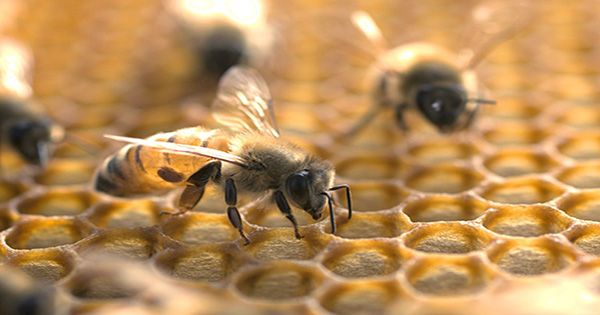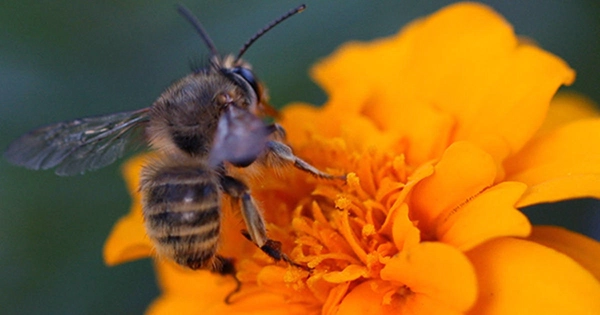The trip of around five million honeybees on their way to Alaska was recently cut short due to a Delta Air Lines reroute. The bees were left outside for days after missing a connecting trip, and the majority of them died from overheating and malnutrition. The bees were brought from Sacramento, California, to Anchorage beekeeper Sarah McElrea, who runs a honey company. Because pollinators like these bees aren’t native to the area, they’re imported for commercial, hobbyist, and pollination purposes.
The bees’ flight path was modified, and they were sent to Atlanta instead, where they would catch a connecting aircraft to Anchorage. The plane bringing them, however, did not arrive on time, and the bees were left with the airport’s cargo. After some bees escaped from the containers, airport employees decided to relocate the crates carrying the millions of insects onto the heated tarmac outside of the cargo facility. According to The Washington Post, the bees were subjected to extreme temperatures and denied nourishment for three days.

When the bees failed to reach in Anchorage on time, McElrea enlisted the support of the Metro Atlanta Beekeepers Association (MABA) to see if anybody could get to the bees in time and keep an eye on the issue. Edward Morgan, a hobbyist beekeeper, answered the phone. “It had been quite hot outside, and the bees needed to be kept cold in order to live,” Morgan told the Post. “I rushed over to the airport with my bee vacuum, bee boxes, and a bunch of other stuff since [McElrea] said it was essential.” “I didn’t know what to anticipate.”
According to The New York Times, Morgan discovered that the bees’ canisters had been turned inside out, making it hard for them to get the food inside. They were exposed to temperatures of roughly 83 °F (28.3 °C) after being taken from the cooler by airport employees, which were too hot for them to withstand. When Morgan arrived, around a quarter of the five million bees had already died, so he advertised free bees for pickup online in an attempt to preserve the rest. Around 20 beekeepers hurried to the airport to help, but a closer examination of the 200 containers revealed an increasing number of dead bees.
While the exact number of those who died is unknown, Morgan and other MABA members tried everything they could to save the surviving. He told the New York Times, “I assumed I was going to go help this woman get her bees on an aircraft.” “However, it morphed into something quite else. The community of beekeepers joined together. Everyone was working hard to find these bees a home.”















